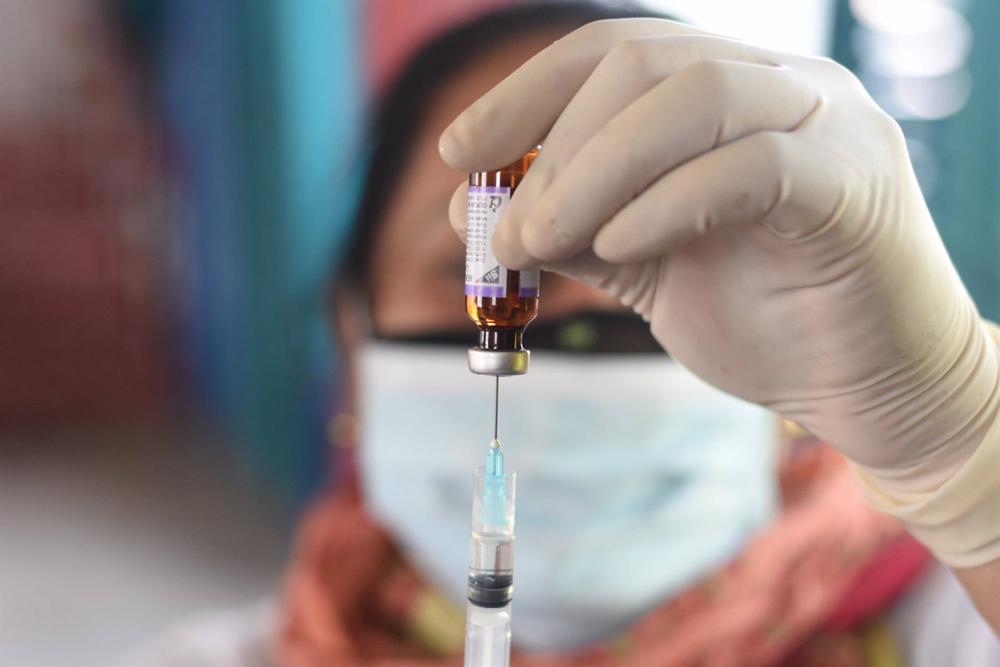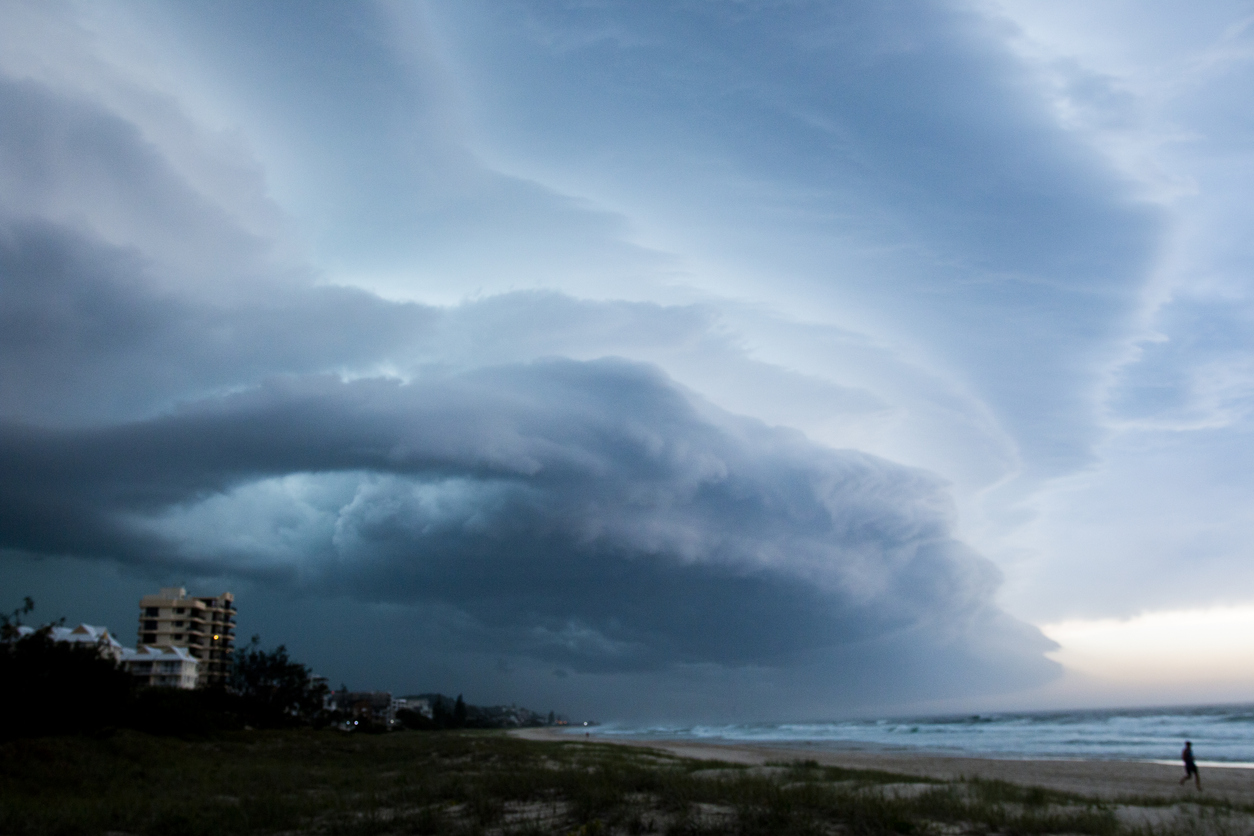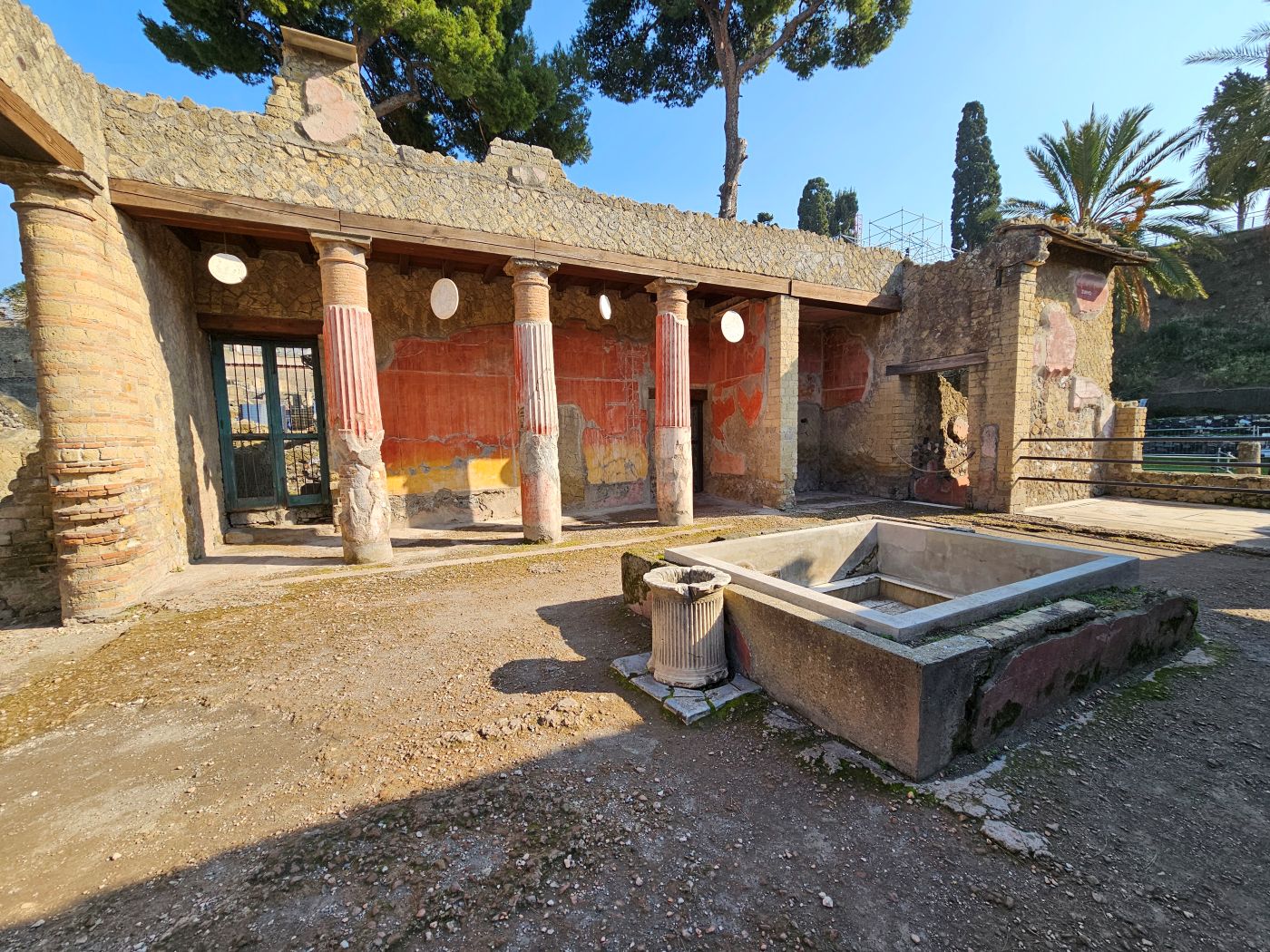
The Ministry of Health of Paraguay has confirmed this Friday a case of measles in the city of Hohenau, a disease that had not been present in the country since 1998, 25 years ago.
After Paraguayan health authorities registered several suspected cases of measles, more than 40 samples were sent to the Centers for Disease Control and Prevention (CDC) in the United States to confirm or rule out the disease. One of the samples tested positive, as reported by the Health Ministry itself.
The Health Surveillance Directorate (DVS) has confirmed that the measles case occurred in September in a one-year-old child who received the measles vaccine and experienced symptoms of the disease, reported Noticias Paraguay.
«We are talking about an outbreak of a case of a disease that is very contagious, probably the most contagious we know of in medicine, and that we have not seen a spread perhaps because of vaccination coverage,» said DVS director Guillermo Sequera.
In this sense, Sequera warned of the possibility of the emergence of diseases that «have not been seen for 20 or 30 years» if «the corresponding measures» are not taken, according to the above-mentioned media.
The Paraguayan Ministry of Health has urged parents and caregivers to complete the regular vaccination schedule for children, in order to protect them from dangerous and contagious diseases such as measles. It has also recommended travelers to be immunized against this disease.
Measles is caused by a virus of the paramyxovirus family and is usually transmitted through direct contact and through the air, according to the World Health Organization (WHO) through its web page. Thus, it emphasizes that «measles is a very contagious and serious disease» and highlights that «before the vaccine was introduced in 1963 and its use became widespread, every 2 or 3 years there were major measles epidemics that caused nearly two million deaths a year».
Source: (EUROPA PRESS)






